A Maine man was arrested for possession of a firearm – something he was prohibited from having because of a prior domestic violence conviction. The judge then denied bail at his subsequent arraignment.
Both of these developments are common for people who have been convicted of a crime of domestic violence in the past.
[elementor-template id=”10204″]
Arrest for Possession of a Firearm Based on Prior Domestic Violence Conviction
A 37-year-old resident of Bangor was arrested recently for possessing a firearm. While this would normally be a standard exercise of someone’s Second Amendment rights, this particular person had been convicted of domestic violence in the recent past.
Police had received a tip that the suspect had a weapon. Because of his prior domestic violence conviction, police responded to the scene with a search warrant. When they found a gun, they made the arrest on a weapons charge.
Another charge was filed against the suspect for domestic violence terrorizing based on statements made to police during the investigation – possibly at the same time as the tip was reported.
Tips Can Close the “Relinquishment Gap”
We’ve covered the so-called “Relinquishment Gap” before. A federal law, 18 U.S.C. § 922(g)(8), makes it illegal for people to possess a firearm if:
- they were found to present a credible threat to an intimate partner at a court hearing, and
- the court issued a restraining order against them.
While the federal law makes it illegal for these people to have a gun, it does not say what would happen with guns already in their possession. In theory, it is up to states to get these people to relinquish their weapons, but many states do not have a process in place.
Lawmakers, particularly in states like Maine, do not want to be associated with a law that could be seen as taking away someone’s guns. Nonetheless, in Maine, police can arrest someone for illegal possession of a firearm if they see the person in possession of the weapon. However, the police will hardly ever go looking for the weapon. Therein lies a gap in the law: the police do not usually proactively look for a weapon.
The gap in law enforcement that this creates can be closed, though, if someone notifies police that a person with a prior conviction for domestic violence has a gun. That seems to be what happened in this case.
No Bail Issued in Weapons Charge
To add to the problems the defendant faces, the judge refused to grant him bail while his case awaits trial. The denial of bail is not uncommon in these types of domestic violence situations where a weapon is involved. In many cases, judges err on the side of extreme caution.
Contact our domestic violence defense lawyers today
The domestic violence and criminal defense lawyers at Maine Criminal Defense Group strive to legally represent those who have been accused of a crime in southern Maine. Call The Maine Criminal Defense Group at (207) 571-8146 or contact us online if you have been arrested and accused of a crime of domestic violence in Portland, Kennebunk, Brunswick or surrounding areas throughout southern Maine.
Call 207-571-8146 or contact us online to schedule a consult with one of our highly skilled criminal defense & OUI lawyers, serving Southern Maine, today.
Blog Articles

Defending Maine domestic violence charges Being charged with domestic violence in Maine is a serious legal matter with consequences that can impact your freedom, reputation, and future. Whether the allegation[...]
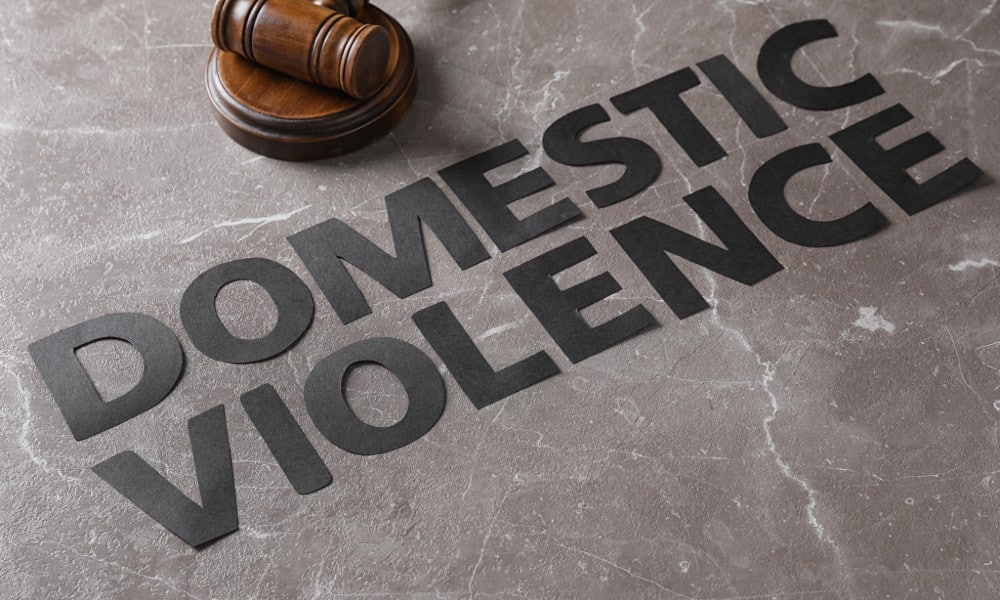
A domestic violence conviction can have serious consequences in Maine Assault, criminal threatening, and reckless conduct in domestic settings can all be classed as domestic violence in Maine—and criminal charges[...]

Defending those accused of domestic violence in Southern Maine Assault, criminal threatening, and reckless conduct in domestic settings can all be classed as domestic violence in Maine—and criminal charges can[...]

Sexual assault and sexual battery both refer to criminal offenses where a victim does not provide consent to sexual contact. This contact may or may not involve penetration, force, violence,[...]
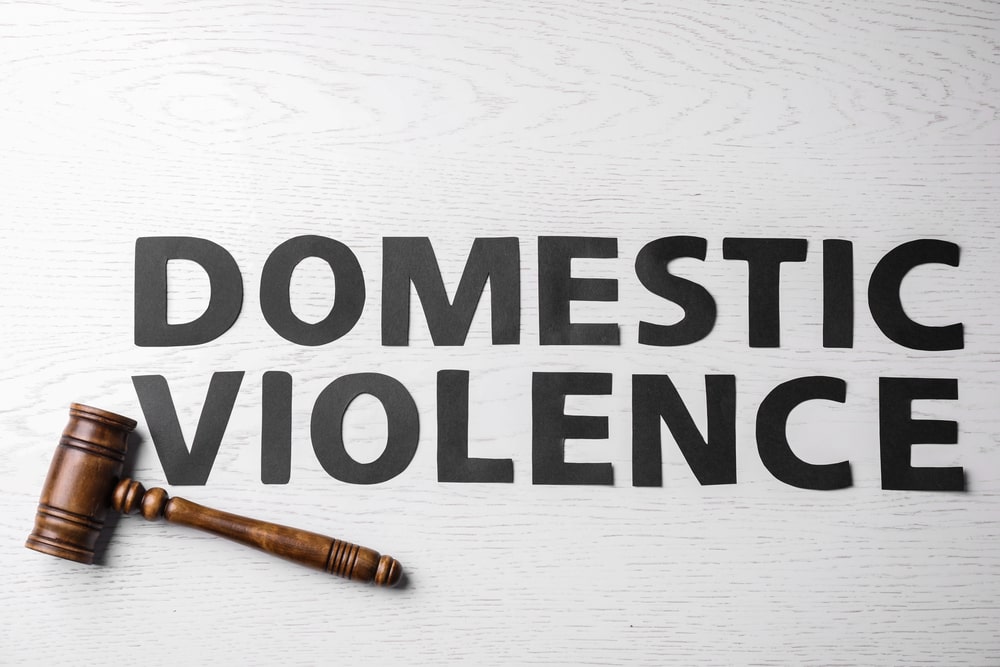
The domestic violence and stalking laws in Maine are currently being updated to address some shortcomings in the previous laws and to add clarity for both victims and accused parties[...]

In recent years, convictions for domestic violence offenses in Maine have increased as state prosecutors rigorously pursue cases. This has led to harsher penalties for offenders, which makes it even[...]
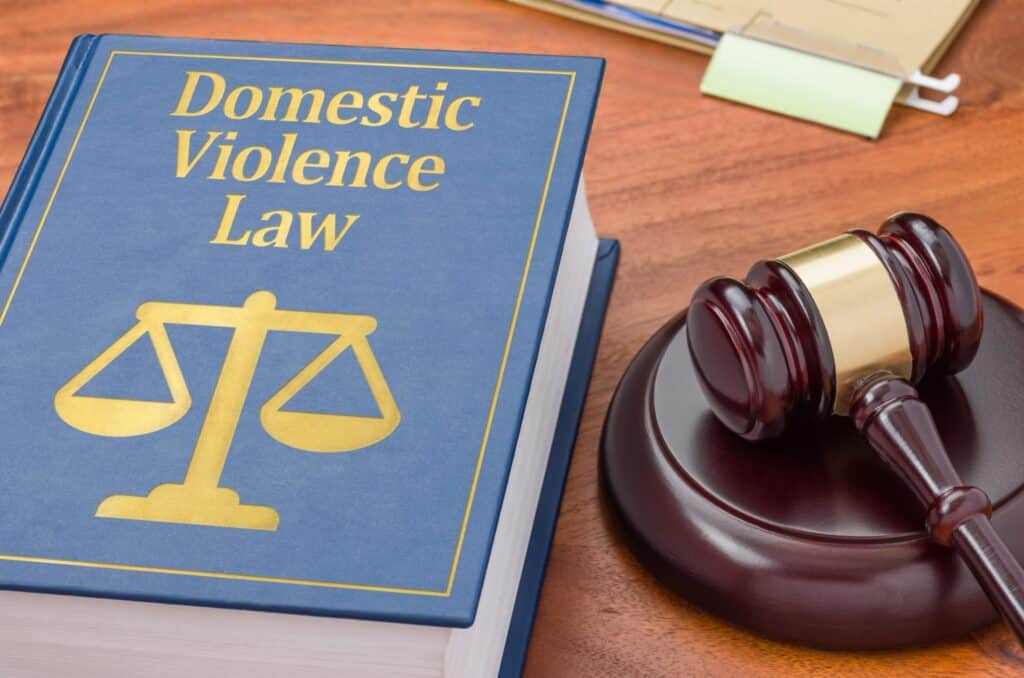
Crimes of domestic violence in the state of Maine can be confusing. This is because crimes of domestic violence are really just other crimes, like assault or battery, when those[...]

A protection from abuse order (PFA) can make it illegal for an individual to contact you or your children in the state of Maine. Filing a PFA is often a[...]
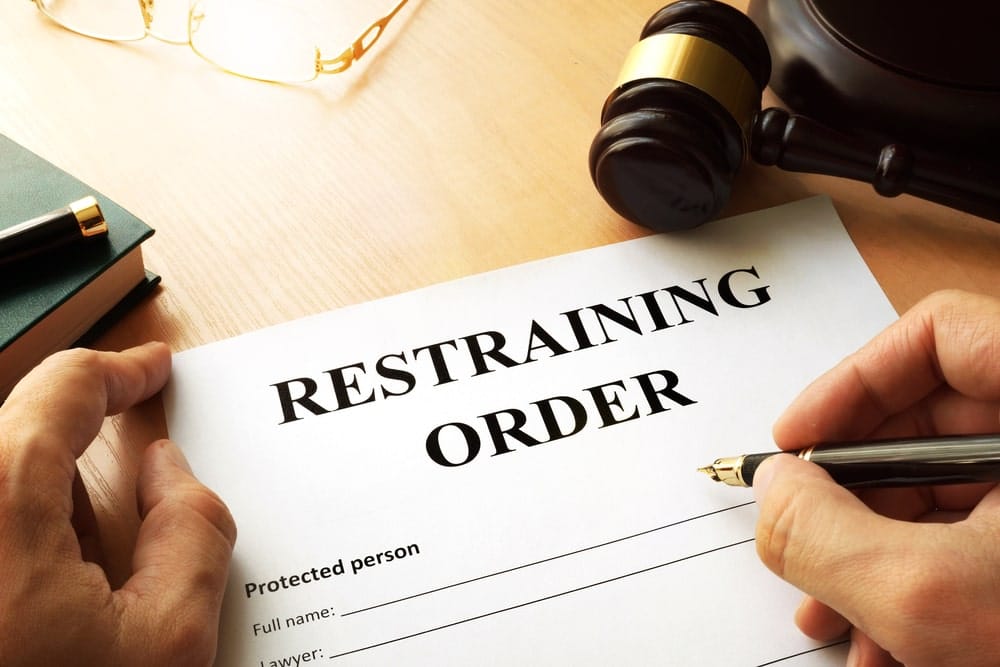
Protection from Abuse Orders (PFAs), such as restraining orders and no-contact orders, are frequently issued by the courts in domestic violence cases in Maine but are often confused. No contact[...]
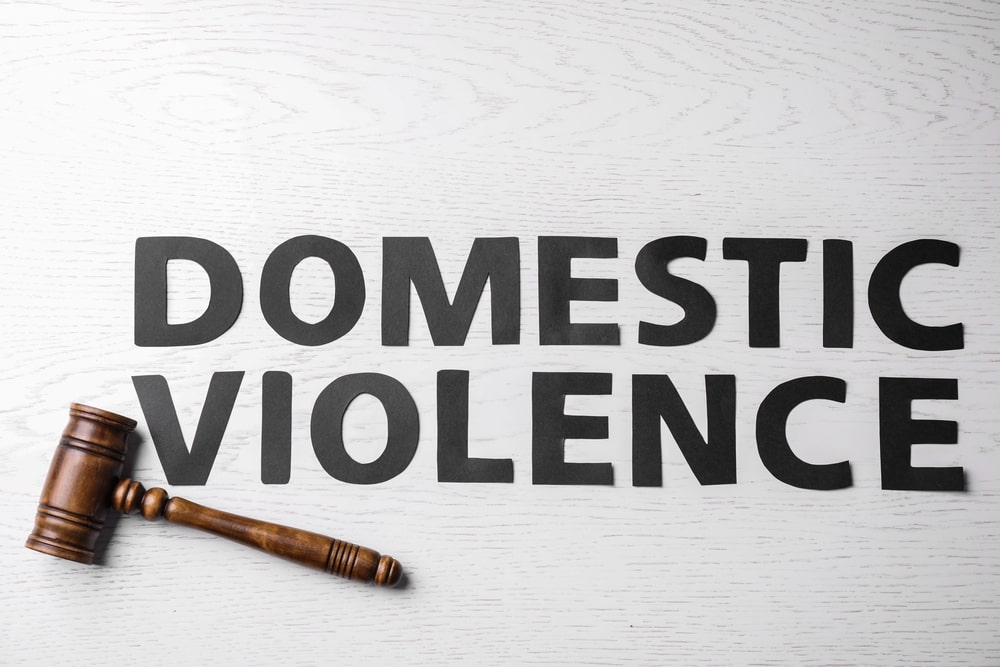
This article was updated March 6, 2025 Oftentimes what I see in these domestic violence situations is that a husband and wife get in a fight. They love each other[...]


